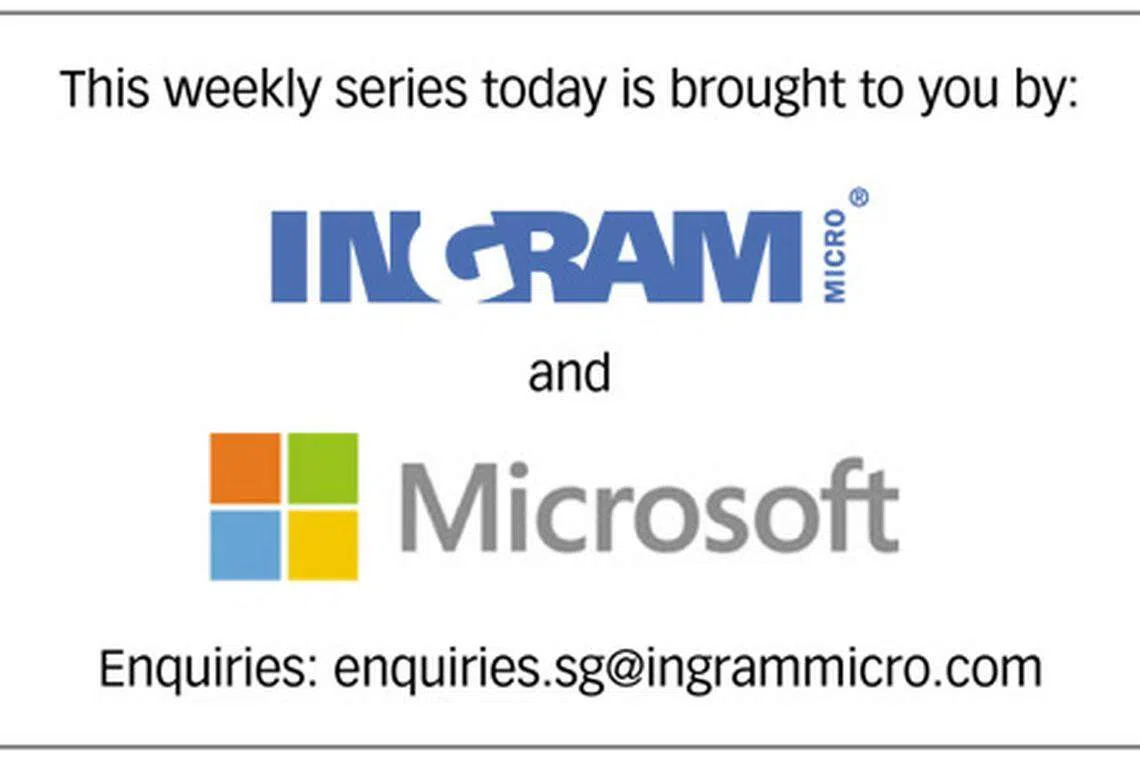2018 - the year AI comes to the fore
Artificial intelligence will pervade every industry and Microsoft believes everyone can benefit from it.
RESEARCHERS have been working on artificial intelligence (AI) for decades, but my colleagues and I at Microsoft believe that 2018 will be the year AI comes to the fore and begins to drive real impact in a truly ubiquitous and meaningful way.
Increased availability of data, growing cloud computing power, and more powerful algorithms are giving rise to computing systems that can see, hear, learn and reason, creating new opportunities to improve education and healthcare, address poverty and achieve a more sustainable future.
In business, AI is also fast becoming one of the top technologies organisations are exploring to accelerate their own digital transformation as they seek to create new value for their customers in today's digital-first world.
AMPLIFYING HUMAN INGENUITY
AI needs to be people first and technology second. Put simply, we need to develop AI to augment human capabilities, especially humankind's innate ingenuity. When we do this, we combine the capabilities of computers with human capabilities to enable people to achieve more.
Take the example of Seeing AI, a Microsoft research project in development, which is available today as a free app designed for the visually impaired and blind community to help them narrate the world around them. Seeing AI uses computer vision, image and speech recognition, natural language processing and machine learning from Microsoft's Cognitive Services and Office Lens to help describe a person's surroundings, read text, answer questions and even identify emotions on people's faces.
DEMOCRATISING AI
At Microsoft, we believe that people around the world can benefit from AI - but only if AI technologies are available for them.
For our customers, we are building AI capabilities into our most popular products, such as Windows and Office. Windows is more secure thanks to AI systems that detect malware and automatically protect computers against it. And PowerPoint Presentation Translator lets you engage diverse audiences more effectively by breaking down language barriers through auto-captioning in over 60 languages. This feature will also aid people with hearing loss.
As we infuse intelligence into everything, whether it is your keyboard, your camera, or business applications, we aim to take that same capability and make it available to every developer and democratise it so that everyone can use the same building blocks that we use to build our technologies such as Office, Cortana, and Dynamics 365.
DESIGNING AI
The development and deployment of AI must be guided by ethical principles that are deeply rooted in timeless values. We believe that six principles should provide the foundation for the development and deployment of AI-powered solutions that will put humans at the centre:
REALISING THE POTENTIAL OF AI
As AI continues to transform the nature of work, we will need to think in new ways about education, skills and training to ensure that people are prepared for the jobs of the future and businesses have access to the talent they need to succeed. And as traditional models of employment transform, we will need to modernise legal frameworks to recognise new ways of working, provide adequate worker protection and maintain social safety nets.
To enable people to thrive in today's economy, and prepare for tomorrow's, we believe it is critical to focus on the following areas:
At Microsoft, we are optimistic about the opportunities that AI provides to create a better future for all.
To ensure that we realise this future, it will be essential for governments, businesses, academics and civil society to work together in creating trustworthy AI systems and prepare people for a world where the skills they need to succeed will be constantly changing. This will require the development of AI in ways that are human-centred and can ensure broad and fair access to its benefits as we move forward together.

Copyright SPH Media. All rights reserved.
